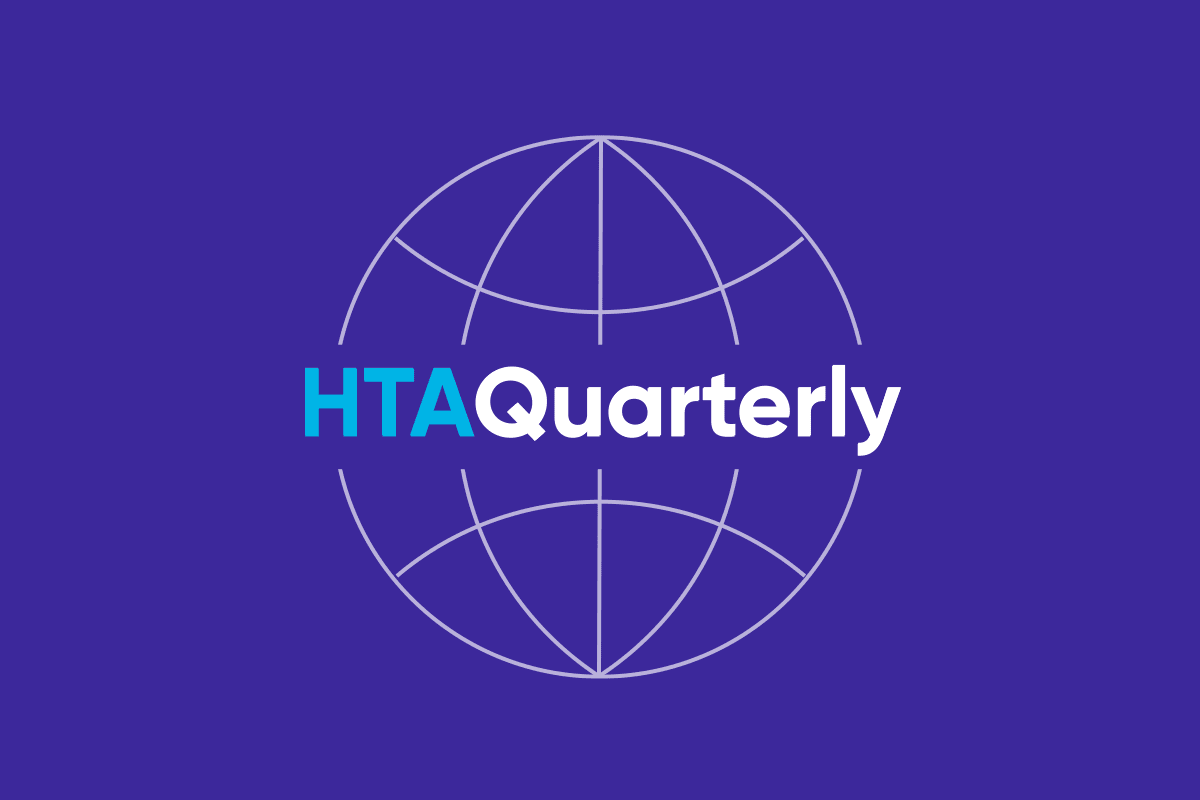Key takeaways
As the size and scope of the reconciliation package hang in the balance, there is political pressure to take action on drug pricing.With slim Democratic majorities in the House and Senate, the current administration and congressional Democrats are relying on the passage of both a bipartisan infrastructure deal and their reconciliation package to secure a big political win before the 2022 midterm elections.
“It is really important that we keep a close eye on where the final price tag of the reconciliation package falls as it’s likely that the savings derived from drug pricing policies will be used to help fund the bill.”
- Ashley O’Sullivan, Director, Government Affairs
Due to the support across the political spectrum to address rising drug costs, the administration is expected to step in to advance its drug pricing priorities via any regulatory tools it has at its disposal if Congress fails to act. The House passed BBB legislation that includes a number of key drug pricing provisions and will directly impact manufacturers if ultimately signed into law:
• Medicare negotiation. The House-passed BBB includes Medicare negotiation provisions that are less aggressive compared to those included in the previously passed drug pricing bill in the House, H.R. 3, but are still quite impactful to manufacturers. In the current version of the BBB, beginning in 2025, Medicare would negotiate for the most expensive Part B & D drugs that are single source chemical drugs that have been on the market ≥ 9 years, and biologics that have been on the market ≥ 13 years. Up to 10 drugs will be negotiated in 2025, increasing up to 20 drugs in 2028 and beyond.
• Inflation-based rebate penalties. This policy would require manufacturers to pay a rebate to Medicare when the price of a drug rises faster than the consumer price index. Whether those rebates only involve Medicare sales or if they also include sales in the commercial market will have an impact on manufacturers. The House-passed BBB includes generics and biosimilars, but the Senate may move to exempt generics and biosimilars from this provision.
• Medicare Part D benefit redesign. The proposed legislation would institute a $2000 cap on out-of pocket Medicare Part D prescription drug spending. This idea has bipartisan support and was recently endorsed by President Biden. It also caps insulin copays at $35/month.
• Incentives for biosimilars. There is strong bipartisan support for legislation to increase biosimilar utilization. The BBB includes a provision to increase biosimilar Part B reimbursement to ASP+8% for 5 years.
Drug pricing has taken center stage in states across the country, with policies that may have unintended consequences for various entities along the supply chain.
Drug pricing policies affect many players within the supply chain, including manufacturers and distributors.“When not carried out appropriately, legislative actions at the state level can have unintentional consequences that negatively impact various supply chain entities.”
- Cristina Munoz, Senior Director, State Government Affairs
To avoid unintentionally harming the healthcare supply chain, the development of state legislation should be a collaborative effort that includes input from stakeholders who have a deep understanding of how the supply chain works. There are currently several state legislative actions that have the potential to introduce risk to the supply chain:
• Drug price transparency and reporting. Much of this legislation has been proposed and promoted by the National Academy of State Health Policy (NASHP) and has the potential to expose proprietary information from the reporting parties and to levy astronomical fines to entities who fail to report.
• Price controls/caps. There is the opportunity to be proactive vs. reactive on this type of legislation. When addressed appropriately, policies such as insulin copay caps can be positive for everyone.
• Drug affordability boards. There are currently seven states with drug affordability boards in place, with more the works. In general, these boards seek to set upper payment limits. While wholesalers are not in favor of these boards, we do want to secure a seat at the table in the event the legislation passes.
While drug pricing is demanding a lot of attention right now, there are other policy discussions happening at both the federal and state levels that impact manufacturers.
The fallout from the COVID-19 pandemic has propelled some new policy proposals to the forefront in an effort to address vulnerabilities in the U.S. healthcare system:
• Onshoring pharmaceutical manufacturing. Politicians from both parties are looking at ways to decrease the United States’ reliance on foreign supply chain sources by incentivizing domestic manufacturing.
• Patent legislation. Two areas being weighed are the COVID-19 vaccine patent waiver and accelerating generic and biosimilars to market.
• Prescription drug taxes and fees. Several state proposals were introduced this year; however, none have progressed so far.
Promoting a globally diverse supply chain, including an increased manufacturing presence in the U.S., is important. At the same time, the globalization of the supply chain is a market reality, so we want to make sure policymakers resist over-correcting here.
- Ashley O’Sullivan, Director, Government Affairs
Cencora ensures supply chain resiliency by advocating for policies that align with our purpose of creating healthier futures.
At Cencora, we recognize the impacts that many proposed drug pricing policies can have on the entire pharmaceutical chain, from manufacturers down to the patient. So, we are making sure we weigh in on these discussions to ensure an optimal outcome.
Our advocacy efforts are intentional, beginning with explaining how policies impact manufacturers, then educating on the ripple effect that occurs down the supply chain, and finally, demonstrating how patients pay the ultimate price when access is limited.
Cencora reinforces the value of strategic relationships by partnering with healthcare organizations and trade associations, with whom we carry out our advocacy and coalition grassroots work to achieve distribution priorities. Our sales team across the states consistently inform, educate, and support our customers on issues that are important to them.
In light of the COVID-19 pandemic, we are leveraging the incredible innovations coming from the pharmaceutical industry to encourage legislators to shape policies that facilitate and foster the innovative environment that is leading the way out of the pandemic.
Our team ensures the internal operational readiness of Cencora by collaborating and connecting with key stakeholders across the organization to manage, support, and comply with these evolving and often complex federal and state policies.”
- Emily Bondarenko, Director, Global Pricing Strategy
Featured speakers:
Ashley O’Sullivan, Director, Government Affairs
Cristina Munoz, Senior Director, State Government Affairs
Emily Bondarenko, Director, Global Pricing Strategy

Stay informed about US Health Policy News
Health Policy Weekly

Developed by a multi-disciplinary editorial board that includes health policy and reimbursement strategy experts, Health Policy Weekly delivers key insights to your inbox every week.


Keep up on key global health technology assessment news
HTA Quarterly

Each edition of HTA Quarterly provides insights and analysis from global experts with local market expertise on key priorities and perspectives affecting HTA.
From therapeutic area spotlights to geographic reviews to critical industry topics, keep current on HTA activity around the globe with HTA Quarterly.


